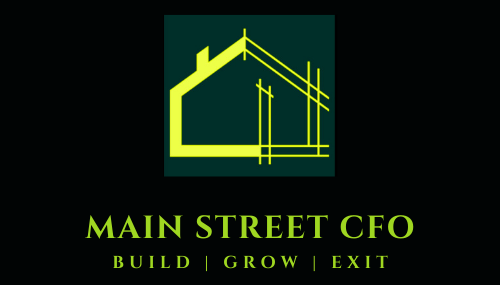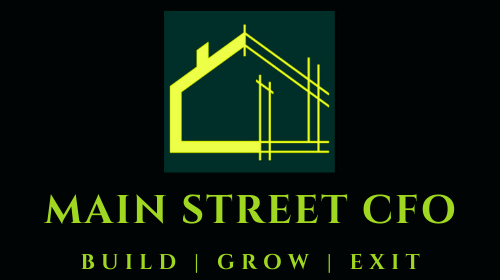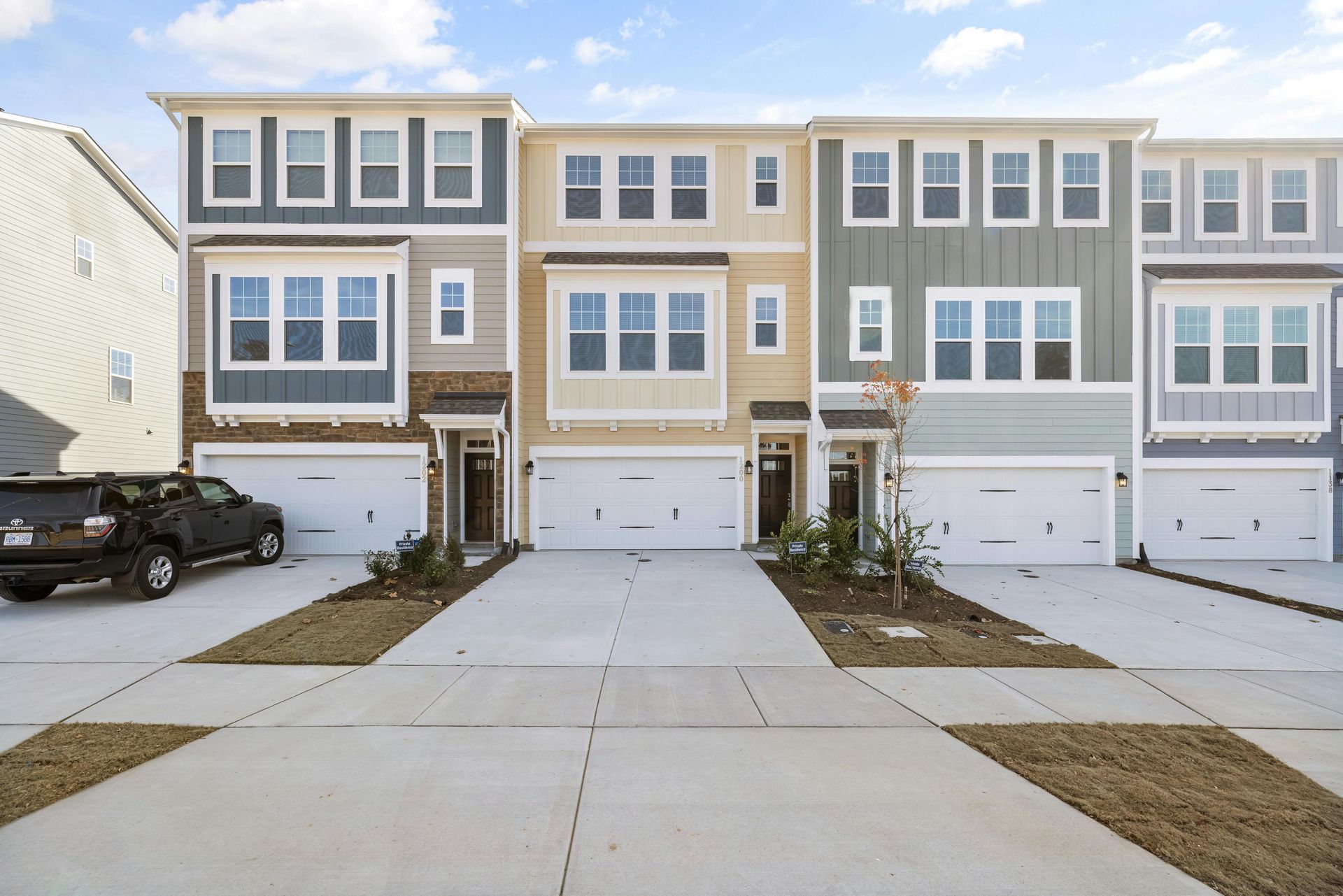Cash Flow CFO Services and why you may need them...
Cash Flow solutions...
The Lifeline of Small Businesses: How Consistent Positive Cash Flow Prevents Closure
Small businesses are often (and correctly) celebrated as the backbone of the economy, contributing to innovation, job creation, and community development. The harsh reality is that a significant number of small businesses face the daunting challenge of survival, with half of them closing their doors prior to reaching year 5. Often times, the most critical factor in determining a small business's longevity is its ability to generate consistent, positive cash flow. We will be discussing why maintaining a healthy cash flow is the lifeline that keeps small businesses afloat.
Understanding Cash Flow
Cash flow refers to the movement of money in and out of a business. Positive cash flow occurs when a company receives more money than it spends, providing the necessary funds to cover operating expenses, invest in growth, weather unforeseen challenges, as well as, fund the owners. Conversely, negative cash flow can lead to financial strain, and this strain can force a business to make tough decisions and, left unchecked, shut down.
The Importance of Consistent Positive Cash Flow
1. Financial Stability
Consistent positive cash flow creates a cushion against economic fluctuations. Small business owners face unpredictable market conditions, seasonal sales variations, a myriad of regulatory and tax mandates, as well as, unexpected expenses. A steady inflow of cash allows business owners to navigate these uncertainties without jeopardizing their operations. This stability can be life or death for a small business.
2. Investment in Growth
A healthy cash flow enables small business owners to reinvest back into the business. Whether it’s buying new equipment, expanding product lines or into new areas, having the funds available for reinvestment is crucial for growth. Businesses that fail to invest often stagnate, making them vulnerable to competitors who are willing to innovate and adapt.
3. Building Creditworthiness
Consistent positive cash flow enhances a business's credit profile, making it easier to secure loans or lines of credit when needed. Financial institutions are more likely to extend credit to businesses that demonstrate a healthy cash flow, providing them with the capital necessary for expansion or to sustain them during slower periods. Access to funding can be pivotal in navigating challenges in slow times and seizing new opportunities in others.
4. Stress Reduction
Financial stress can take a toll on a business owner. It can negatively impact their decision-making in times when they need the most clarity. It can also have a detrimental effect on their physical health. Consistent, positive cash flow can alleviate some of that stress, allowing owners to focus on strategic growth, business planning and the long-term goals of their company rather than day-to-day survival. Mental clarity brought about by a strong cash flow model can lead to better decision-making and a more robust business.
Strategies for Maintaining Positive Cash Flow
1. Monitor Cash Flow Regularly
Keeping a close eye on cash flow can help identify potential issues before they escalate. Utilize financial software or tools to track incoming and outgoing cash and review your cash flow statement regularly.
2. Optimize Pricing Strategies
Ensure that your pricing reflects the value you provide while remaining competitive in your market. Regularly assess your pricing strategies to make necessary adjustments based on costs, market conditions, and consumer demand.
3. Control Expenses
Identify areas where you can reduce costs without compromising quality. This might involve renegotiating contracts with suppliers, streamlining operations, or cutting non-essential expenditures.
4. Encourage Prompt Payments
Implement strategies to encourage customers to pay invoices promptly, such as offering discounts for early payments or setting clear payment terms.
5. MOST IMPORTANTLY: Monthly review the REAL numbers
Sadly, most accountants are great at telling you what happened in the past. The problem with that is, if you want to generate consistent, positive cash flow, you need to know what’s happening now and in the future. That information doesn’t show up on the traditional profit and loss statement of balance sheet. The useful data is in how the numbers on those statements interact with each other, in other words, the KPI’s, metrics and financial ratios. Here is where the actionable information is found. That’s what fractional or outsourced CFO’s do. They are your partner in success.
Conclusion:
For small businesses, consistent positive cash flow is not just a financial metric; it’s a vital component of sustainability and growth. By prioritizing cash flow management, small business owners can create a solid foundation that protects against them from the uncertainties of the marketplace. Ultimately, a steady cash flow allows entrepreneurs to not only survive but thrive. This in turn will allow them to transform their dreams into long-term realities. When cash flow management is combined with advanced tax strategies (our Cashflow CFO program), you begin maximize the entire process in ways where you will have more cash AND keep it.
More on this ‘one-two punch’ combo in a future article.













